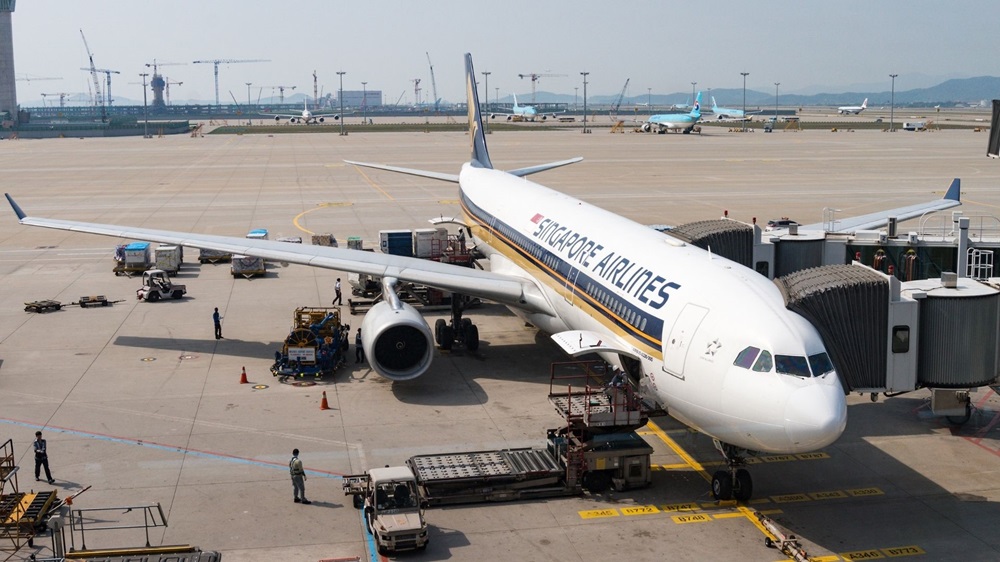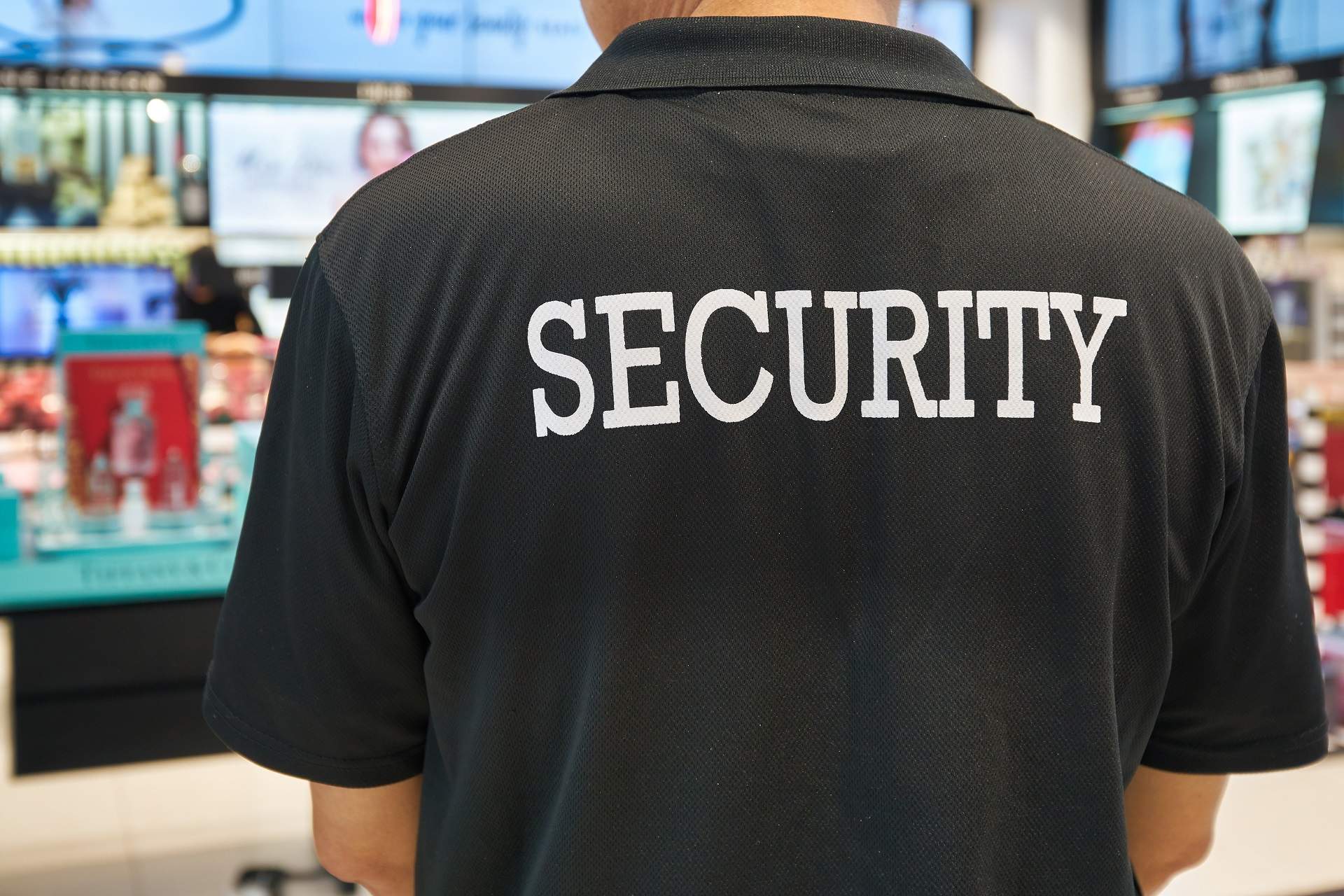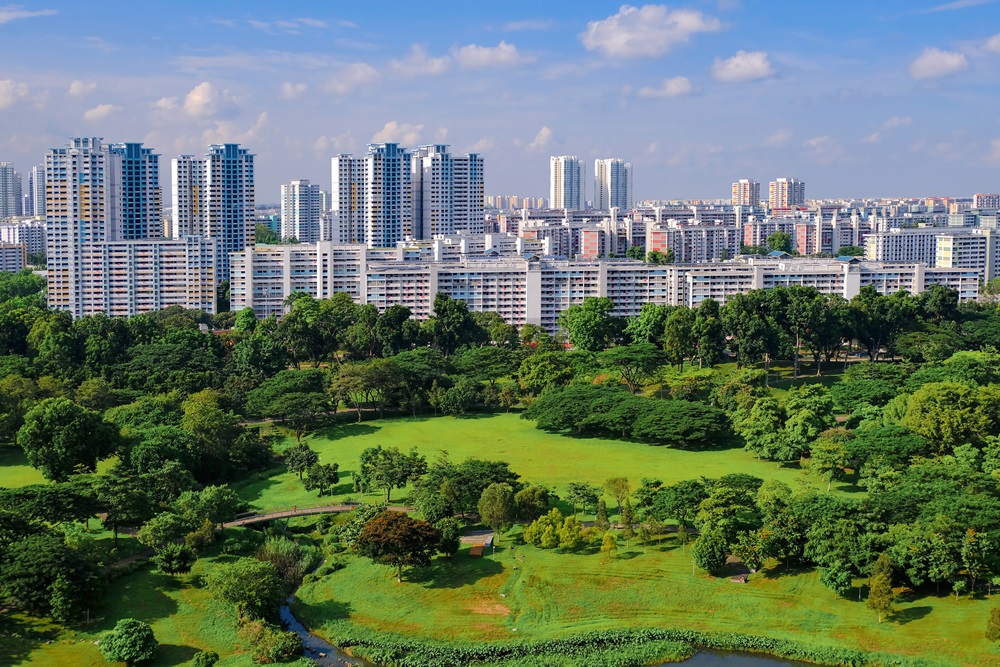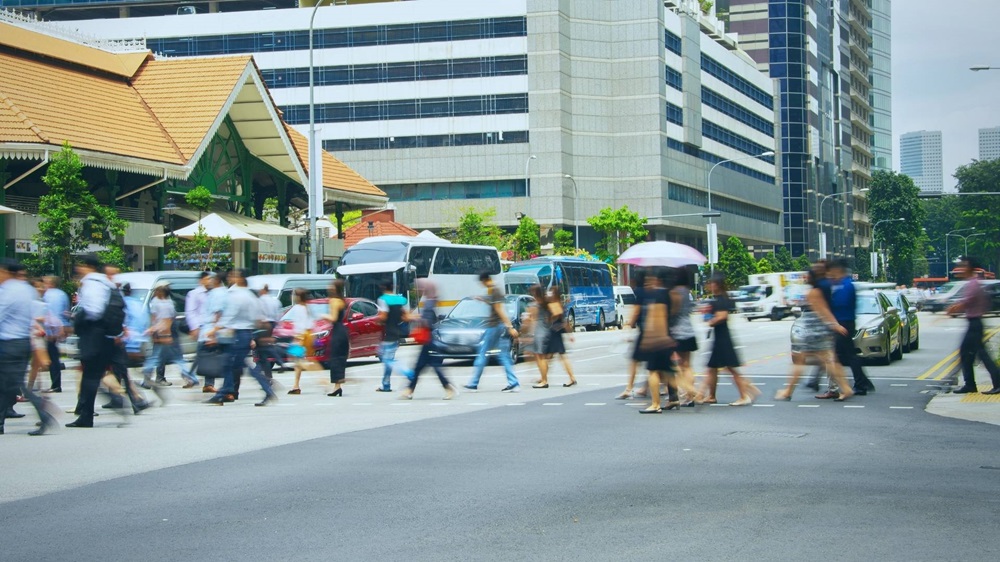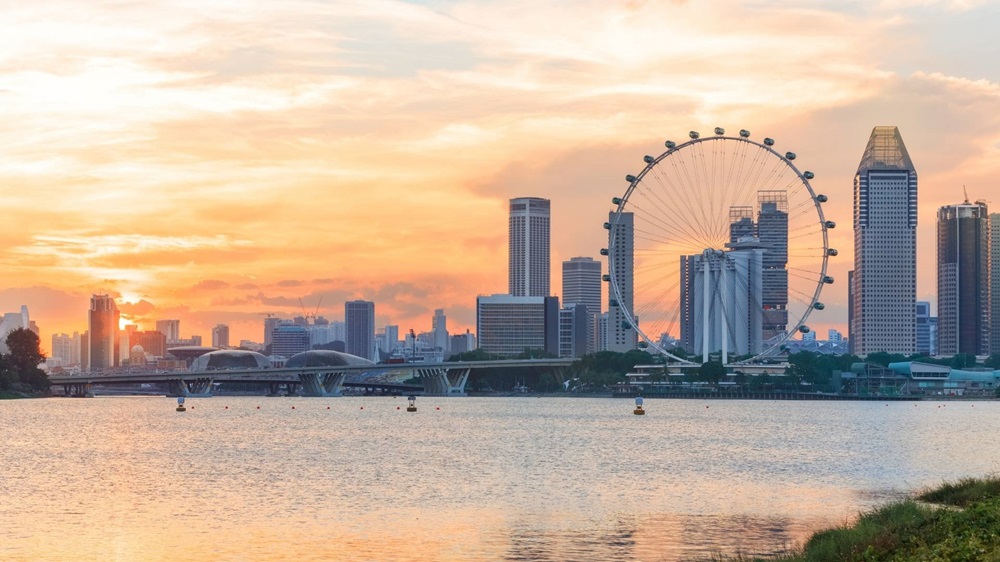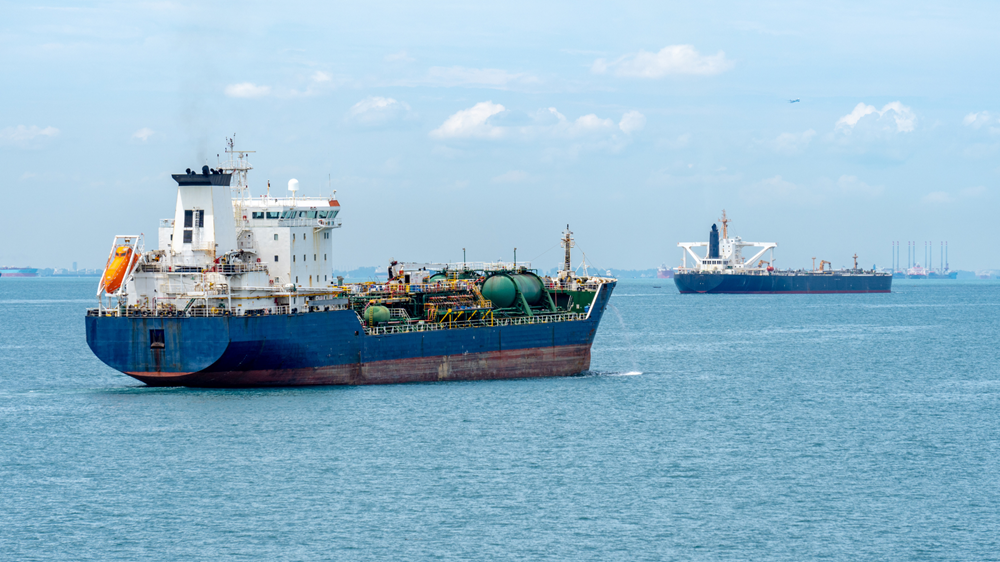
When the COVID-19 pandemic hit, Loh Wei Hao, 25, was in his final year of university.
While the naval architecture undergrad and his course mates adjusted to online classes and doing projects at home, another transition beckoned – entering the workforce.
Wei Hao began looking at employment options about a month before his final examinations, starting with jobs opportunities in Marine and Offshore.
What he encountered was a job market reeling from an unprecedented global pandemic. “There were many applicants eyeing the same job. I sent out many resumes but the majority of them did not get back to me,” Wei Hao recounts.
Wei Hao’s challenging job search was by no means unique. Across Singapore and around the world, fresh graduates faced the stark reality of a global jobs crisis. Permanent jobs were hard to come by.
So, when the Government implemented the SGUnited Traineeships programme, Wei Hao’s interest was piqued. “The programme would provide a stepping stone for me to transition into the industry, while picking up valuable skills,” he says.
Because of his interest in process automation, Wei Hao secured a traineeship in September 2020 as an automation hardware design engineer at an SME, Excel Marco Industrial Systems.
Dropping an anchor in the Marine and Offshore sub-sector
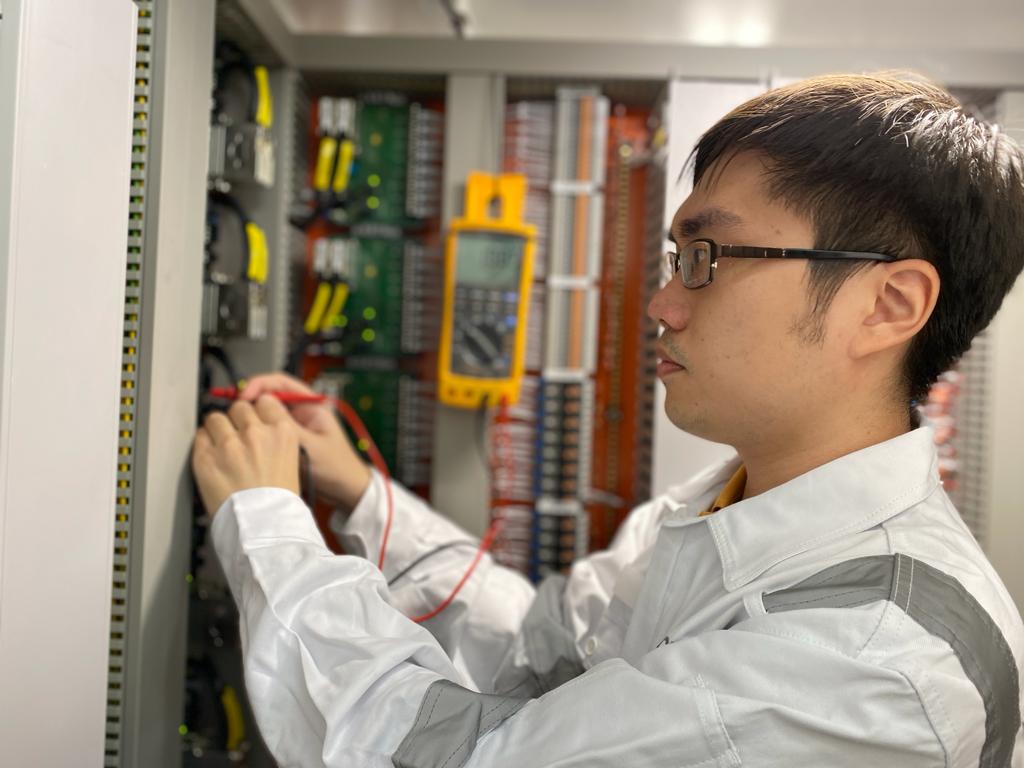
Through the traineeship, Wei Hao gained technical skills in areas such as hardware design and the testing of automation control systems. Working with colleagues from different backgrounds has also allowed him to strengthen soft skills like communication.
Additionally, Wei Hao sees the benefits of working at a SME. “Instead of being limited to working on hardware, I have been exposed to all aspects of projects,” he says. “I am always encouraged by my seniors to be curious so that I can learn more.”
The traineeship has also been useful in directing Wei Hao in the next course of his career – he now aims to become a technical specialist for process automation and safety systems.
Jobs and traineeships in Marine and Offshore The Marine and Offshore sub-sector is part of the wider Manufacturing industry in Singapore. As of October 2020, there were around 10,400 openings in Manufacturing under the SGUnited Jobs and Skills Package. Of these openings, 800 were in the Marine and Offshore sub-sector. Traineeship opportunities, like the one Wei Hao took up, are available in roles such as Project Management Engineer, Design Engineer and Automation Process Engineer. Explore job and training opportunities available here. |
Learning never stops, even for someone at a different stage of his career, like 38-year-old Steven Lee.
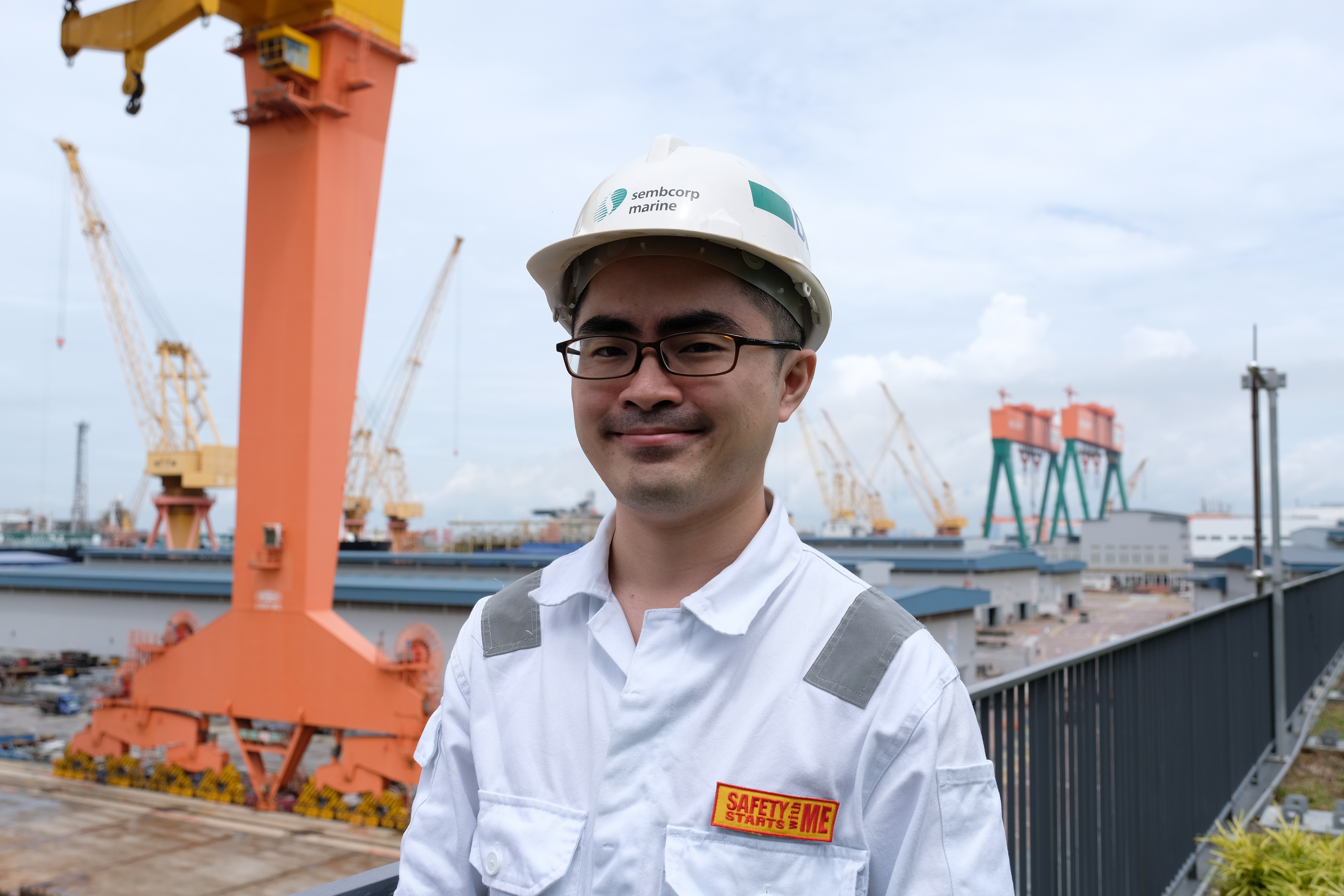
A Mechanical Engineering graduate, Steven joined Sembcorp Marine (SCM) 18 years ago as an Assistant Engineer and worked his way up the ranks.
In 2018, Steven enrolled in a six-month redeployment Professional Conversion Programme (PCP) for Marine Engineers. This included both classroom and on-the-job-training where he attended a two-week overseas attachment at the Malaysia Institut Teknologi Petroleum PETRONAS (INSTEP) to gain experience at a production plant.
“It was a significant change,” Steven recalls. “I had to familiarise myself with new technical terms in floating production storage and offloading systems (FPSO) and gas-related projects.”
Captaining his own crew
Following the PCP, Steven’s duties shifted to project management in the area of design and system integration.
There was also an increase in responsibility, as Steven began managing his own team. Having since led his team in various projects, he is grateful for how the PCP prepared him for his new role. “The PCP bridged my knowledge gaps and I was able to quickly apply what I learnt,” he says.
Steven now engages customers with greater confidence, as he better understands their requirements and is able to propose customised technical solutions to meet their needs.
And he is excited to upgrade his skills even further. “I am a firm believer in lifelong learning and am keen to take up more training programmes in growth areas.”
Setting sail into new waters
Another mid-career worker to undergo the PCP for Marine Engineers is George Wee. George is currently an assistant manager for production (marine and offshore engineering) at ICF International, a company that specialises in cruise ship solutions.
Previously a technical sales executive in precision engineering, the 39-year-old was recommended by a friend to join ICF International. “I did some research about cruise ship refurbishment and ICF. And since going on a cruise is often cheaper compared to flying, I thought the cruise industry would continue to do well,” George explains.
To ease his transition and plug the skills gaps, ICF International enrolled him in the PCP for Marine Engineer after getting the mid-career switcher onboard the company. George initially found the transition to a new field challenging.
“The work environment is totally different. I had to re-learn everything,” George recalls. As part of the PCP, George would regularly go aboard ships and learn from his mentors involved in ongoing projects. Besides that, he underwent a variety of courses, of durations ranging from a few days to two-weeks.
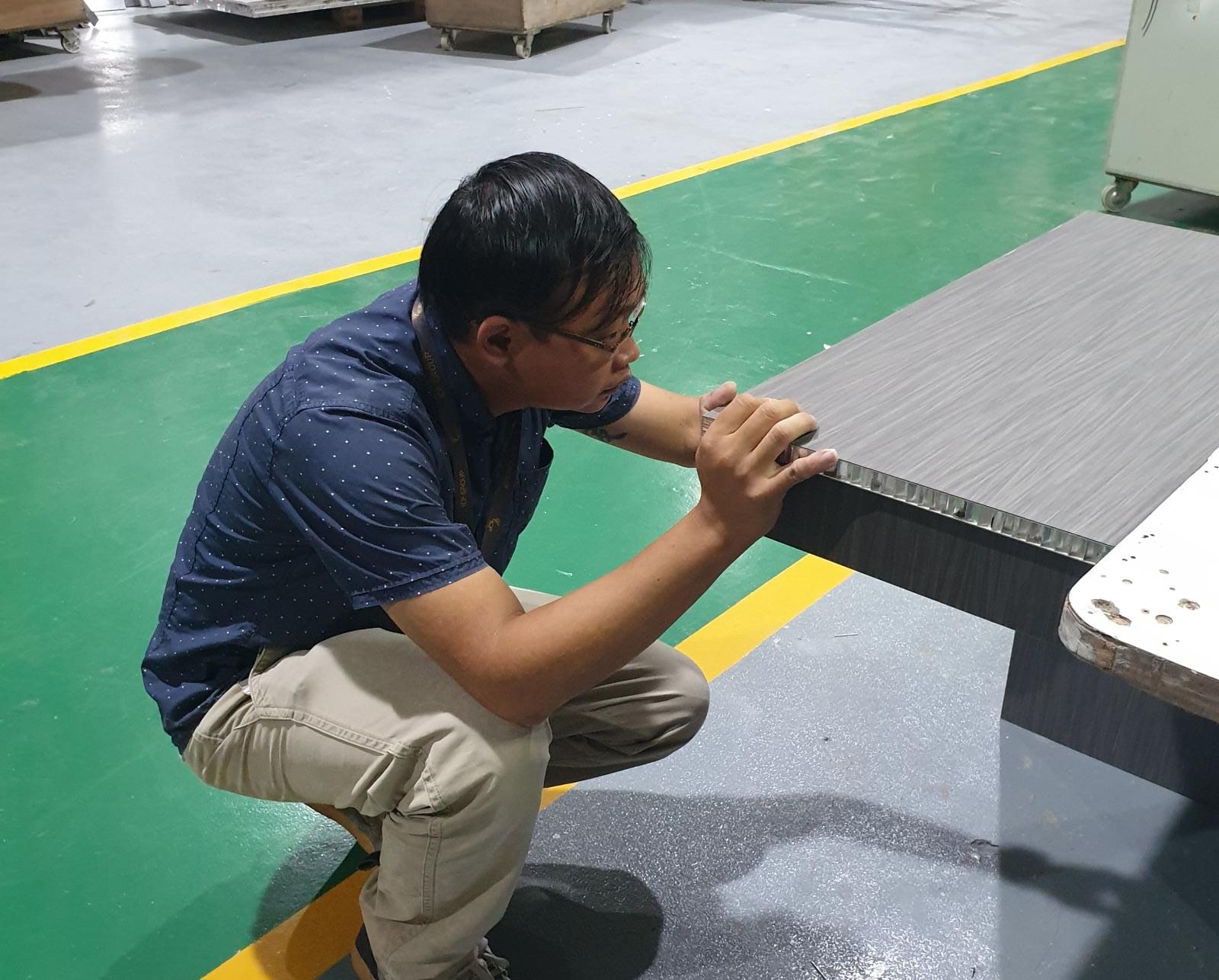
During overseas training stints in Germany and Finland, George also had the opportunity to experience working at large and established shipyards. “From ground zero, I got to see how things were being put together for large cruise ships.” George enthuses.
Back in Singapore, he is able to apply what he had learnt – for instance, he was involved in fabrication and steel work in the recent “Cruises to nowhere” that resumed in December 2020.
Looking back, George highlights the AutoCAD (a computer-aided tool that helps designers create drawings and design) course as being especially useful. “Previously, I was involved in sales, so I didn’t have much background in technical drawings. At my current workplace, I need to understand technical drawings to manufacture different products,” he says.
While he admits that it is tough “move from your comfort zone into a new industry”, he urges others to persevere through the challenges.
“I encounter new problems quite regularly”, he laughs. “But I’m learning something new every day.”
| PCP for mid-career workers
The Professional Conversion Programme (PCP) is a career conversion programme aimed at helping mid-career professionals undergo skills conversion to transit into new occupations and sectors. Steven and George went through the redeployment and place-and-train modes of the PCP for the Marine Engineers respectively. Find out more about the programme here. |
We use cookies to tailor your browsing experience. By continuing to use Gov.sg, you accept our use of cookies. To decline cookies at any time, you may adjust your browser settings. Find out more about your cookie preferences here .









